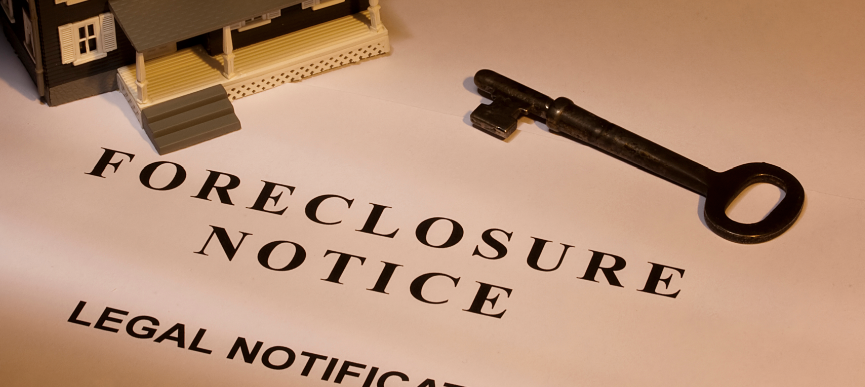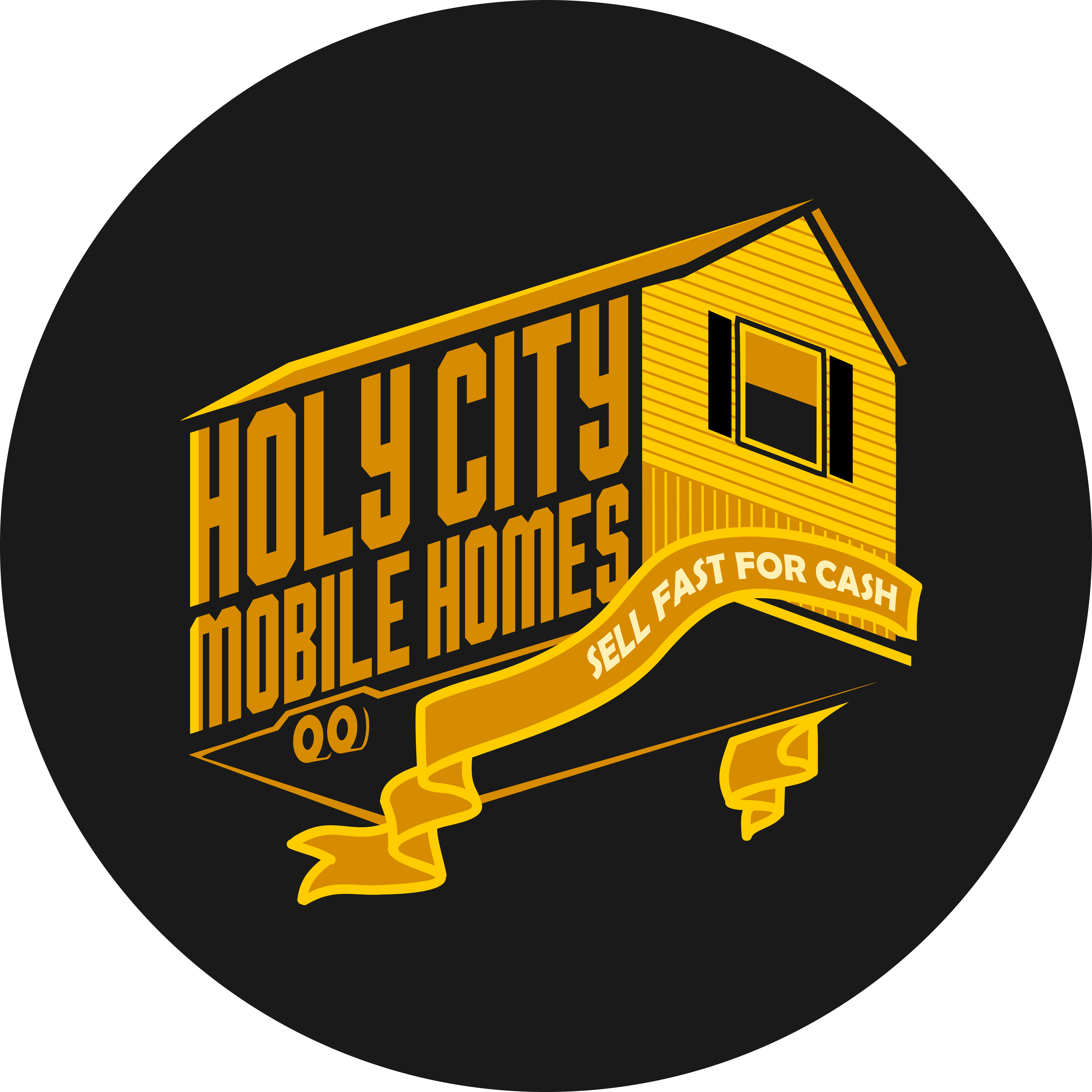
If you’ve gotten a foreclosure notice of default and want to know what the heck is going on, keep reading.
Basically, a foreclosure notice of default is a document that has to be filed by a lender to start the process of foreclosure.
The foreclosure notice of default must be sent to anyone who has an interest in the property (any other loans, lenders, or even contractors who are owed money for work done to a property will get a copy).
The foreclosure notice of default must also be published in a newspaper and physically posted in a prominent place on the property itself.
Although this can be really embarrassing to someone going through foreclosure, it’s actually a very important protection for consumers.
Back before US law required a notice of default, people were sometimes foreclosed on without any warning.
In fact, it’s happened even in the past few years – at least one bank has accidentally foreclosed on the wrong property and kicked people out of their house without due process or warning. It’s even happened around Summerville.
The notice of default is a very important step within the foreclosure process that gives people with an interest in the property to step forward and claim their rights – before it’s too late.
If you’ve received a notice of default, don’t wait. Time is definitely of the essence, and you should take action.
Here are a few key steps you should take:
1) Stay calm and don’t panic.
It’s crucial to remember that when facing foreclosure, maintaining your mental and emotional well-being is just as important as managing the property itself. The stress of losing your home can be overwhelming, but reacting in a panic can often lead to poor decisions that will make the situation worse. Instead, focus on staying calm and taking small steps to deal with the problem, such as seeking advice from a financial advisor or exploring different options for managing the foreclosure. Remember, you’re not alone in this – reaching out for support from loved ones, professionals, or even support groups can make a significant difference in how you handle the stress.
Taking care of yourself and your family during this time is essential, not just for your emotional health but for making sound decisions about your future. There are many potential solutions to avoid foreclosure, from negotiating with your lender to selling your home. By remaining level-headed and patient, you’ll be in a much better position to weigh all available options and choose the one that best suits your circumstances. Keep in mind that this tough chapter will eventually pass, and with the right mindset, you’ll emerge from it stronger and more prepared for whatever comes next.
2) Educate yourself.
It’s essential to educate yourself about the foreclosure process in your state, as every state has its own rules and timelines that govern how foreclosures unfold. Understanding the specific legal procedures, from missed payments to the auction process, can help you anticipate what’s coming and prepare accordingly. Familiarizing yourself with important terms like “pre-foreclosure,” “notice of default,” and “short sale” will empower you to make informed decisions, potentially explore alternatives like loan modification or forbearance, and avoid unnecessary surprises. This knowledge can be a crucial tool in navigating what can feel like an overwhelming situation, giving you the confidence to take proactive steps and seek the best resolution for your circumstances.
3) Gather your resources.
There’s also many non-profit and government resources available out there. You’ll want good legal and tax advice along the way. Definitely don’t try to do it all yourself. This stuff is super complicated with lots of rules.
4) Learn your options.
We’re here to help you avoid foreclosure. We buy houses with cash. We can help you with short sales and even rent-back situations so you (potentially) may be able to keep living in your home. There are many more options than you think.
5) Communicate.
The banks involved don’t want your property. They want money, and what you say matters a lot. You can slow down or stop the foreclosure process if you take the appropriate action.
Want to know more?
